

We call for the UK government to suspend trade negotiations with India until the Indian government shows respect for International Labour Organisation conventions and civil liberties.
The TUC and INTUC, HMS, CFTUI and SEWA collectively represent over 52 million workers in India and the UK. We believe trade deals and trade rules should drive a race to the top in working standards and decrease global inequalities.
Low pay and exploitative conditions are widespread in India, with forced and child labour found in a number of industries including textiles, silk[1], brick manufacturing, shipbreaking[2], embroidery, hospitality and tobacco. In 2020, India adopted labour laws that severely limit the right to strike and workers’ right to collectively bargain with employers.[3]
India has not ratified all the fundamental International Labour Organisation (ILO) conventions, including those on freedom of association, collective bargaining and health and safety at work. In November 2020 the Indian government violently suppressed strikes to protest against these labour laws and passing agricultural reforms that would threaten the livelihoods of millions of farmers.[4] Furthermore, anti-terrorist laws ,such as the Unlawful Practices Prevention Act (UAPA), are being used to imprison thousands of trade unionists.
Civil liberties have also been undermined by the Citizenship Act that denies citizenship rights to Muslims, and by the rhetoric of India’s Prime Minister which has incited hatred and attacks against Muslims, Dalits and other minority groups.[5]
We are concerned that a trade deal with India could make it easier for companies to outsource more operations to India, attracted to the lower pay and conditions. It also could make it easier for companies to send workers from India to the UK without providing them with collectively agreed rates of pay or decent working conditions. This will pressure workers’ rights to be lowered globally.
There is a risk that a trade deal with India could displace Indian workers from good jobs and undermine domestic industries by reducing tariffs too much on sectors such as manufacturing, particularly women worker who are disproportionately likely to be employed on temporary or insecure contracts. This will increase gender inequalities further.
Finally, the TUC is concerned that a UK-India trade deal may remove tariffs on India’s agricultural sector which are crucial for protecting India’s ability to produce its own food supply and support employment in the sector which employs almost half the workforce in India.
Any trade deal involving the UK and India should contain the following key elements:
[1] Surge (2021) ‘Slaves to silk’, available at: https://www.surgeactivism.org/articles/slaves-to-silk-new-cnn-report-ex…
[2] Shipbreaking Platform (2021) ‘South Asia Quarterly update 26’, available at: https://shipbreakingplatform.org/platform-publishes-south-asia-quarterl…
[3] ITUC (2020) ‘Indian parliament passes laws that attack the rights of working people’, available at: https://www.ituc-csi.org/indian-parliament-passes-laws
[4] War on Want (2021) ‘ The UK labour movement standards in solidarity with farmers in India’, available at: https://waronwant.org/news-analysis/uk-labour-movement-stands-solidarit…
[5] TUC (2020) ‘The rise of the far right – building a trade union response’, available at: https://www.tuc.org.uk/TheRiseoftheFarRight?page=4#_ftnref46
*This was originally published on the TUC website.


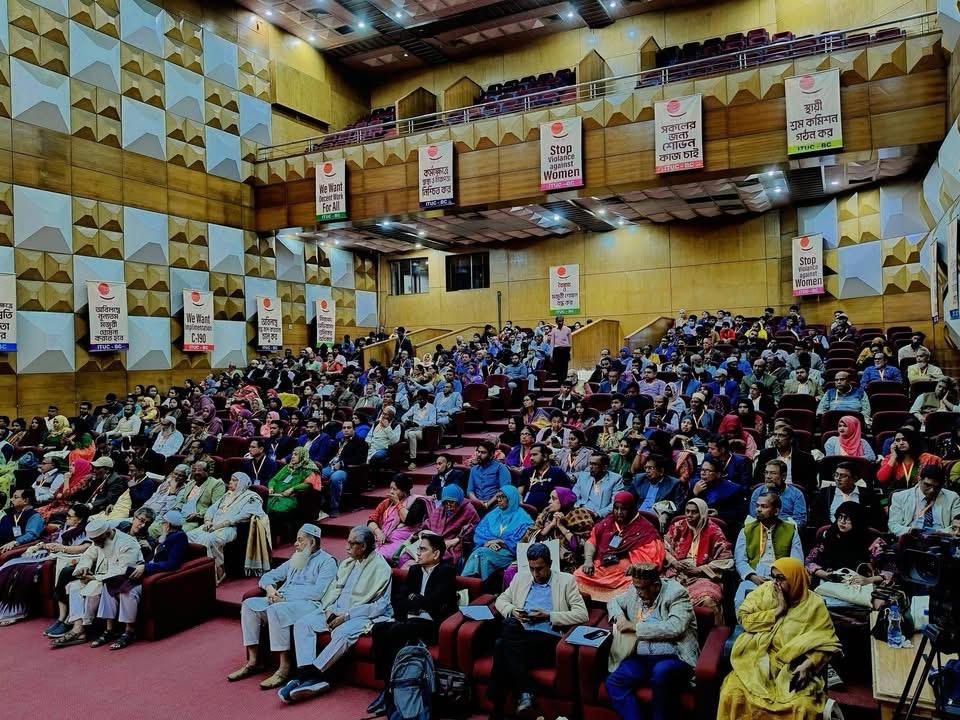





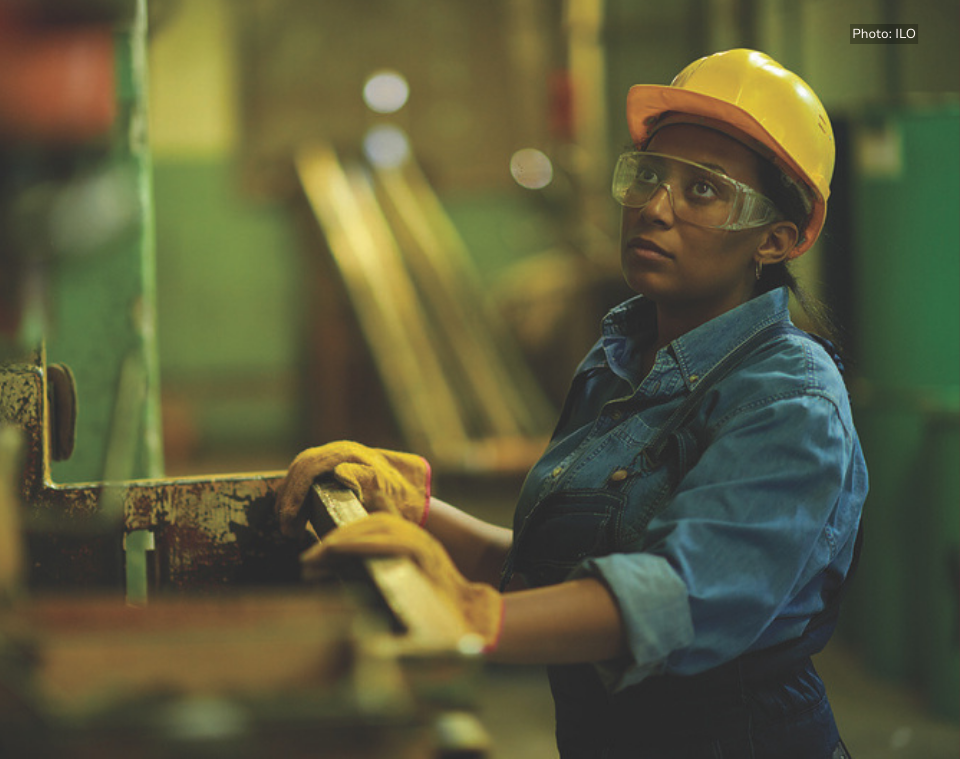





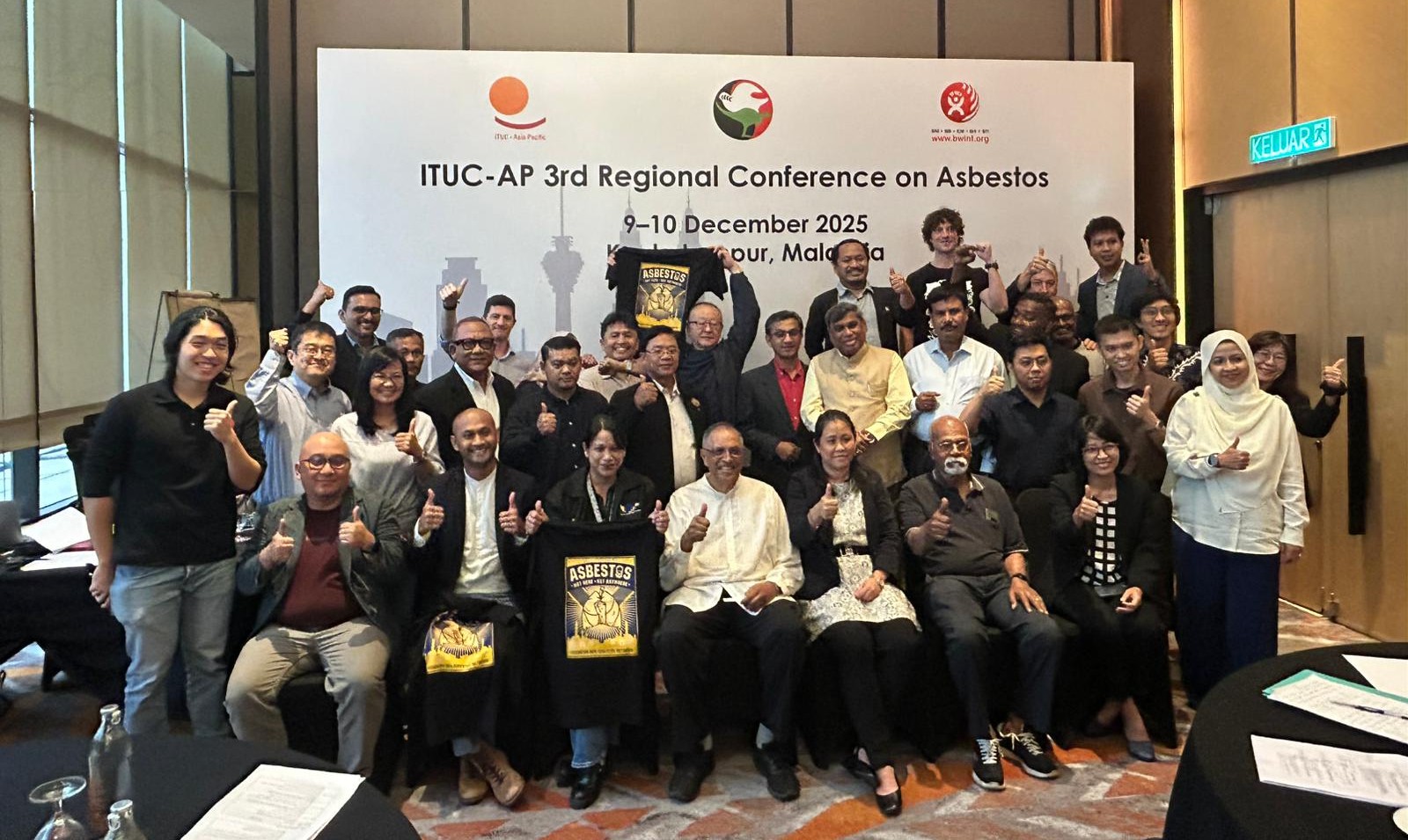





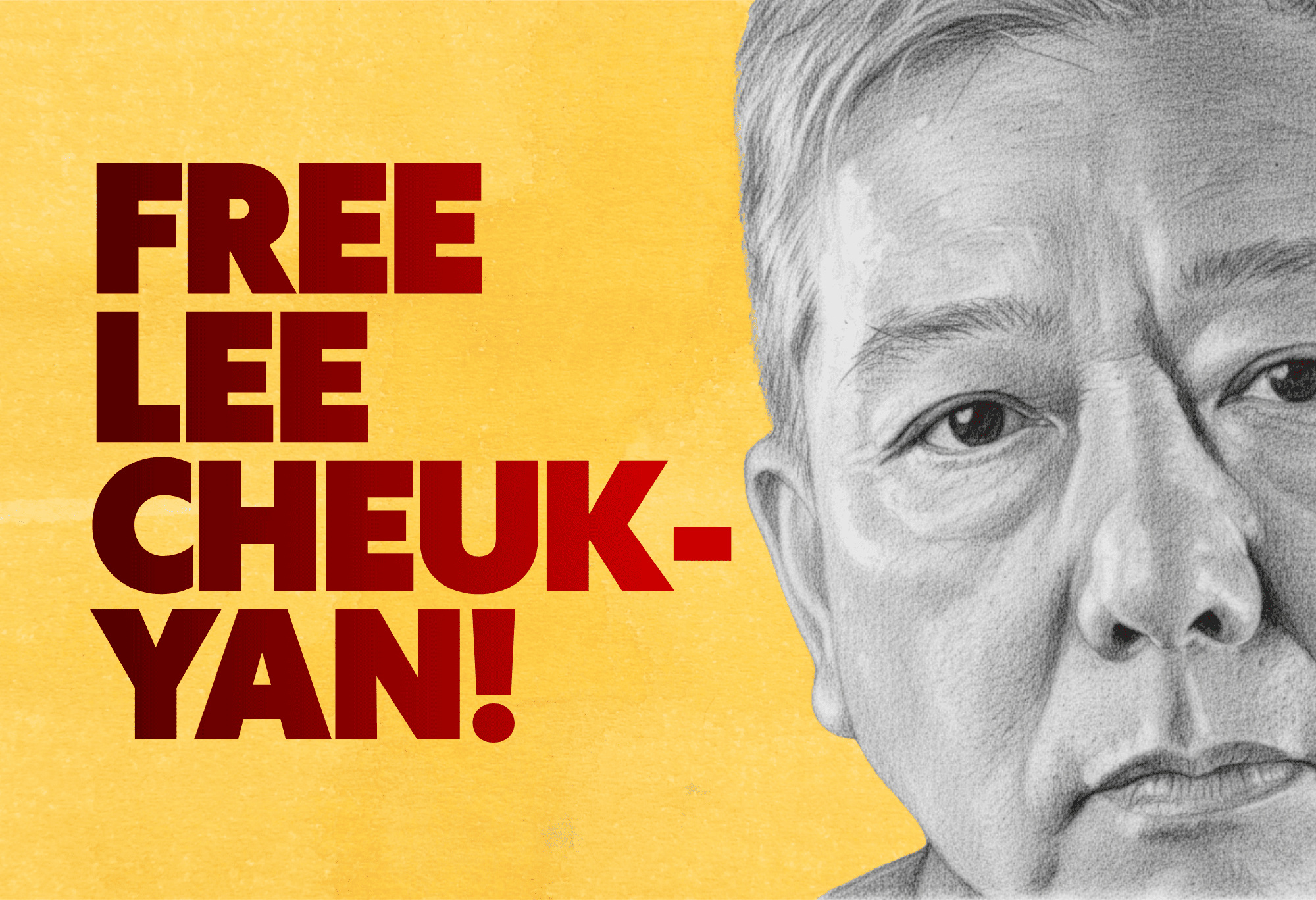





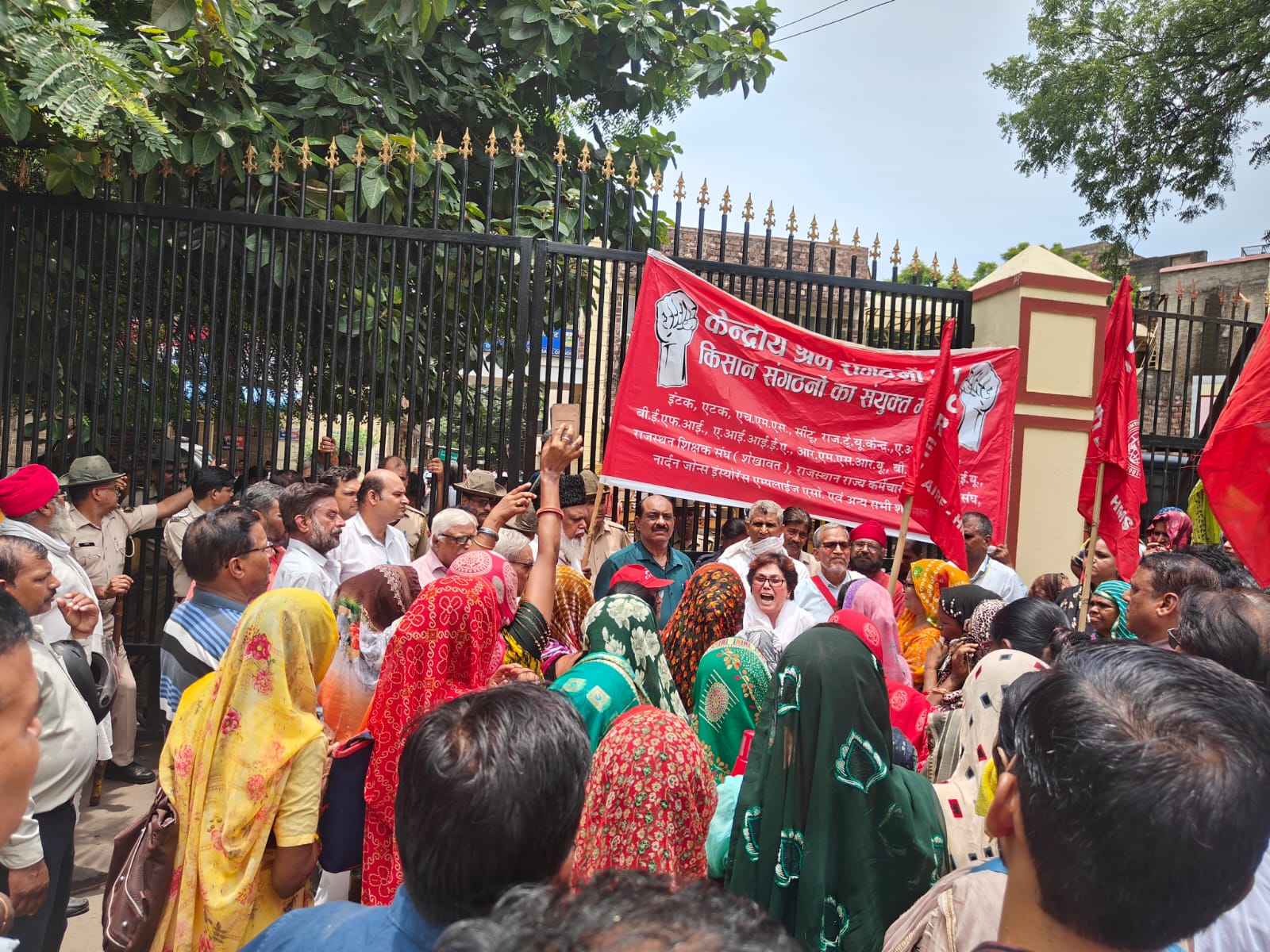











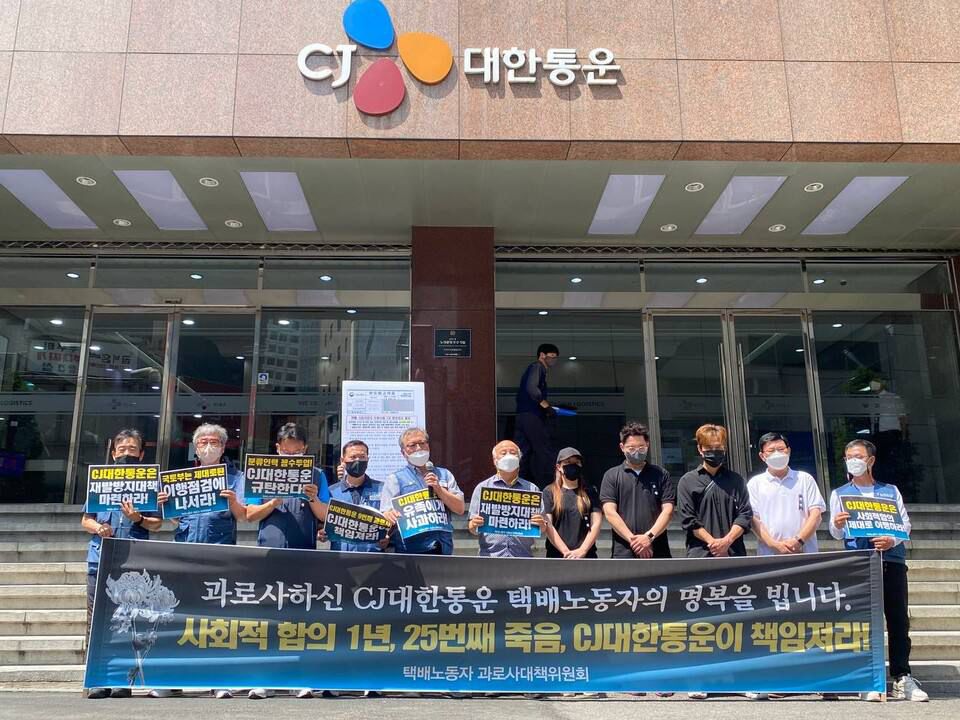





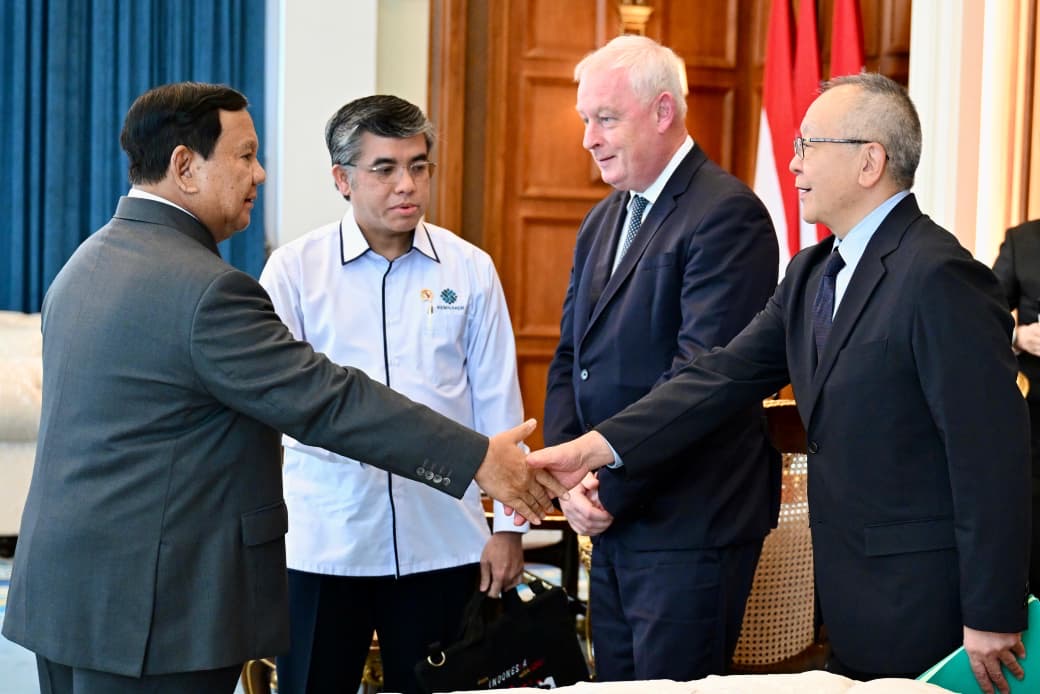





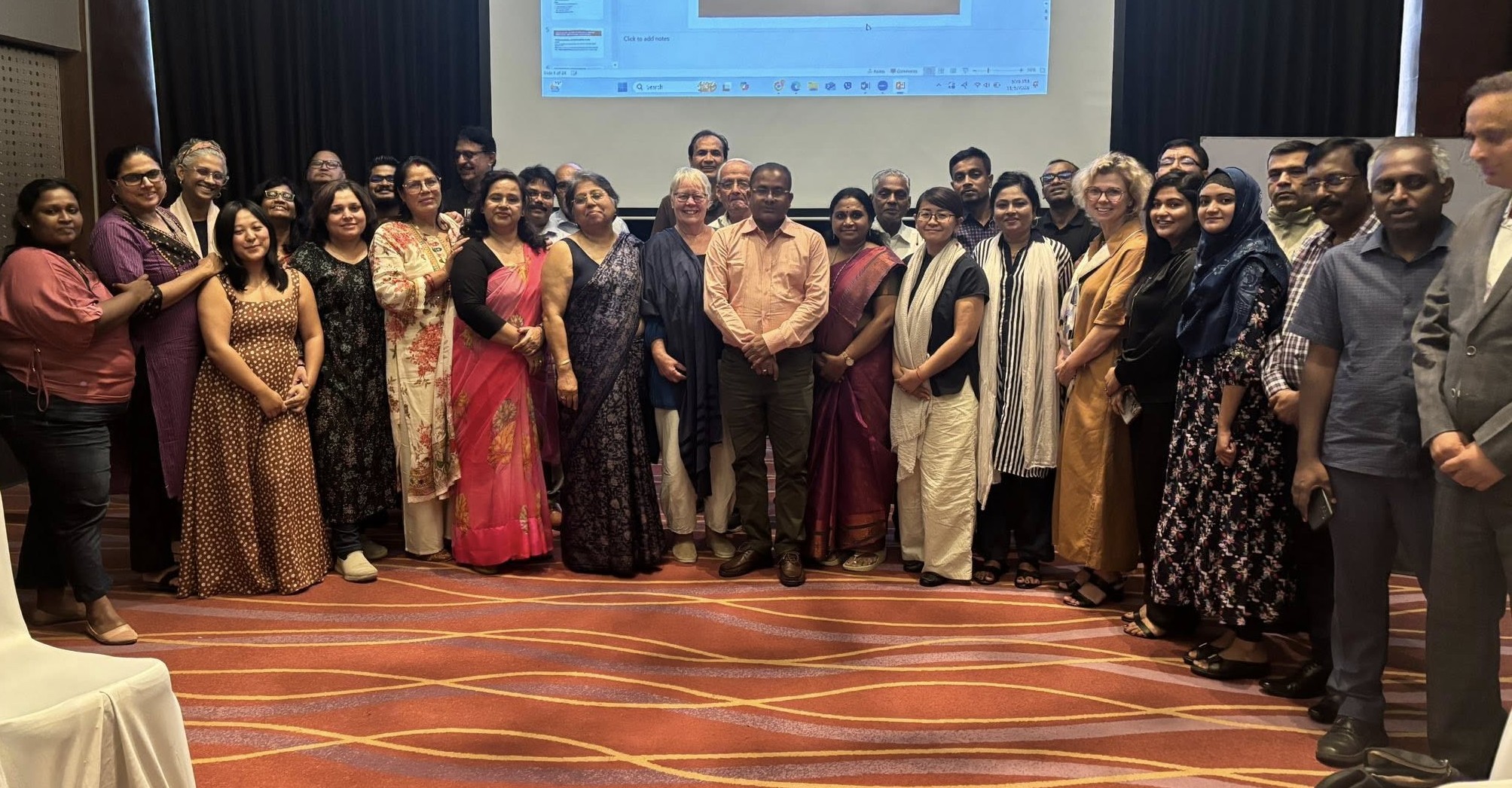











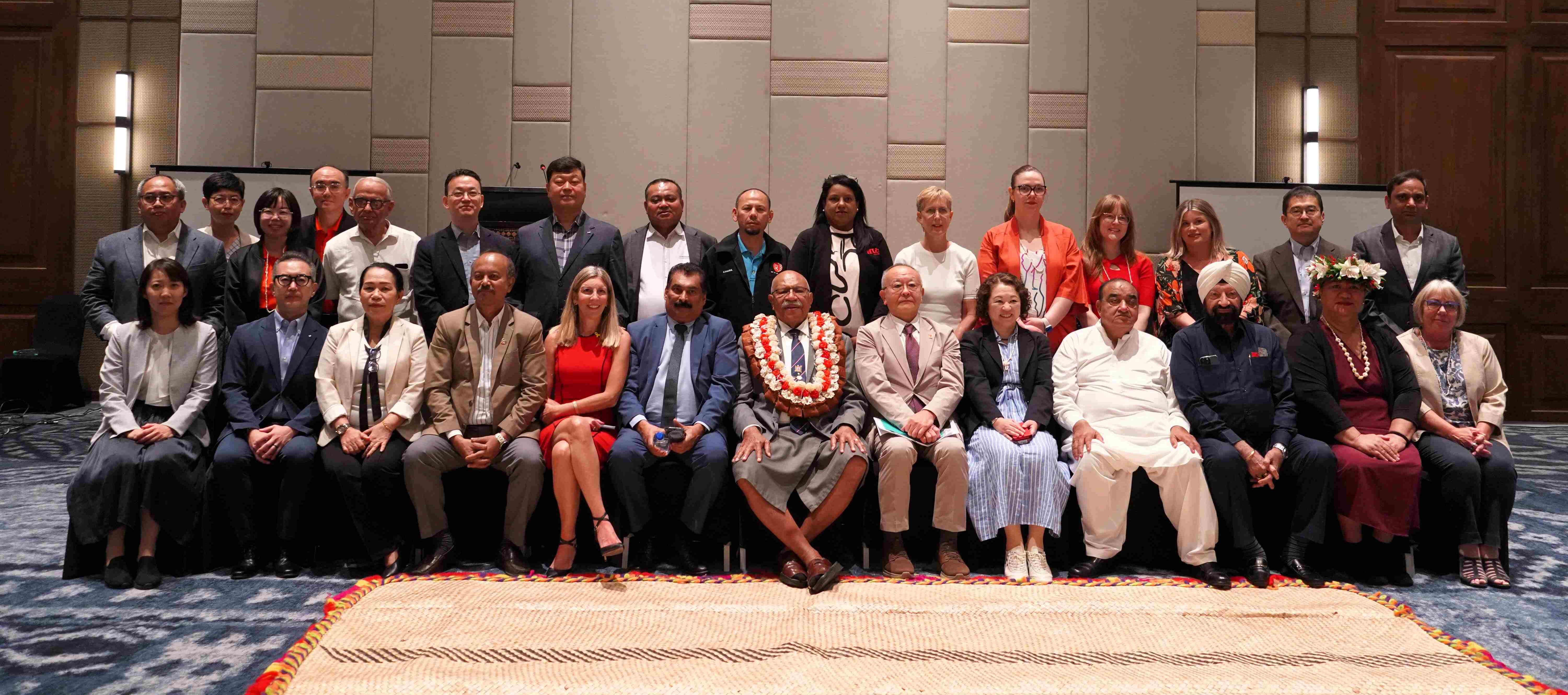





.jpg)


.jpg)














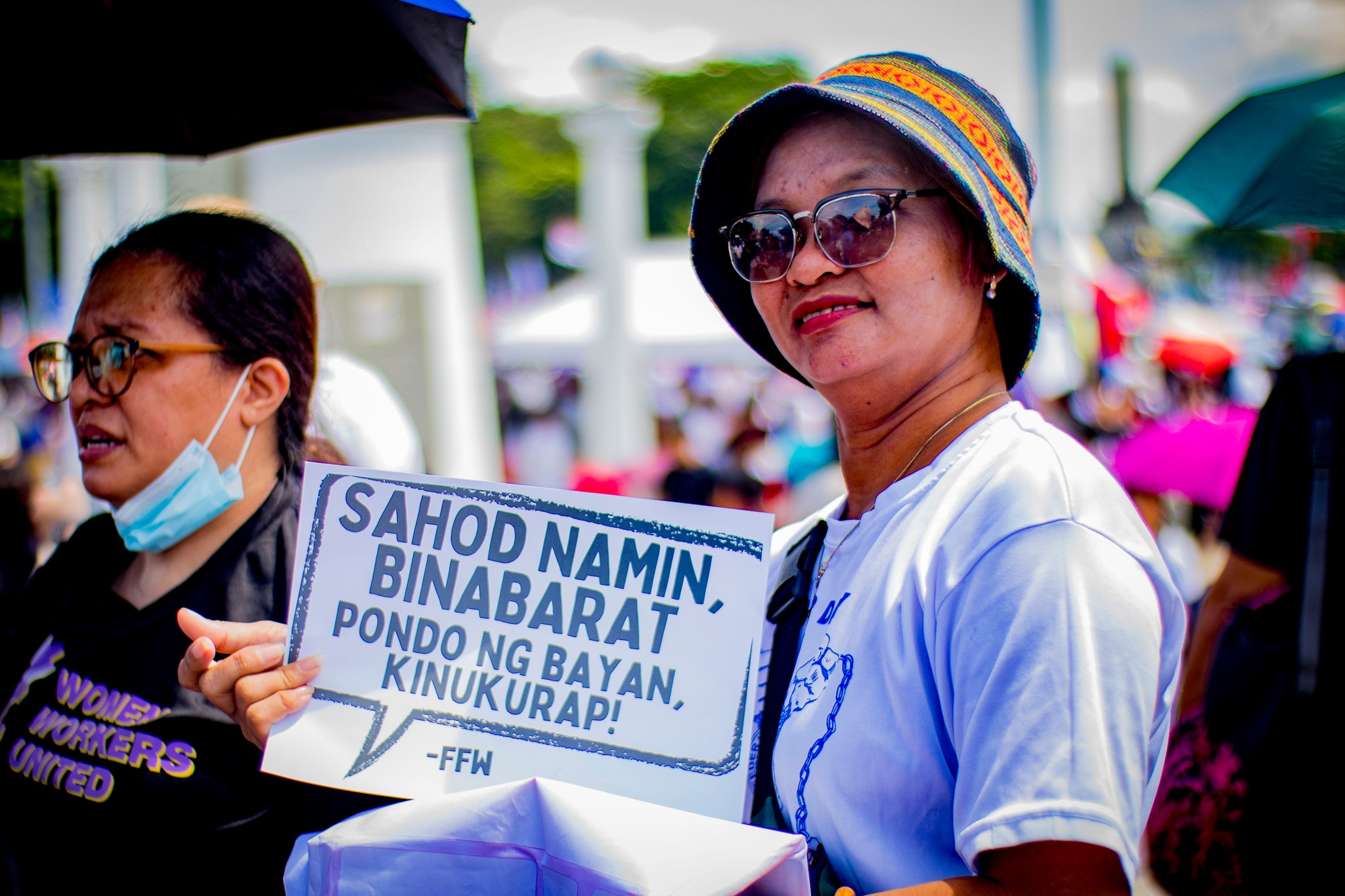





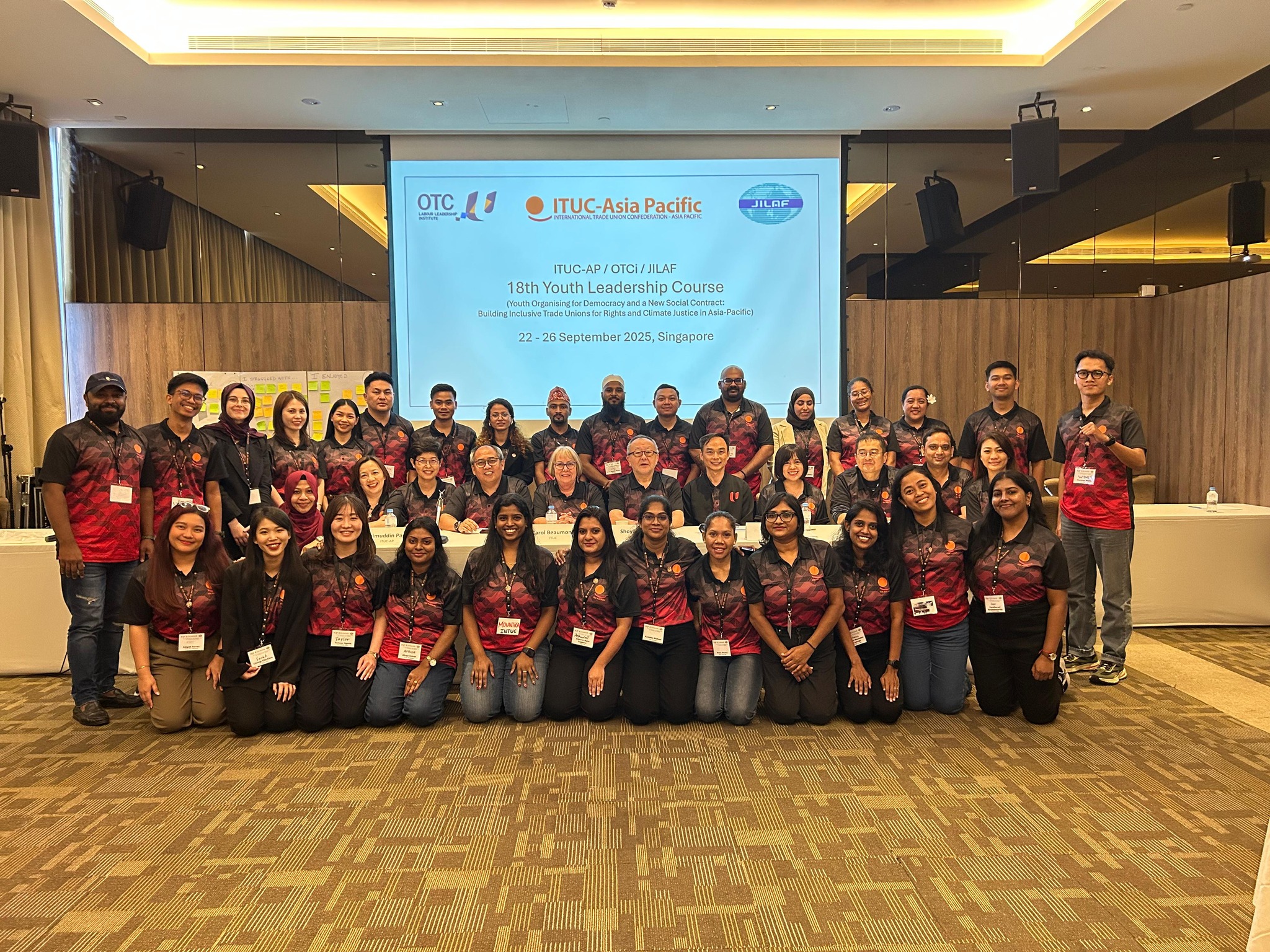





.png)


.png)








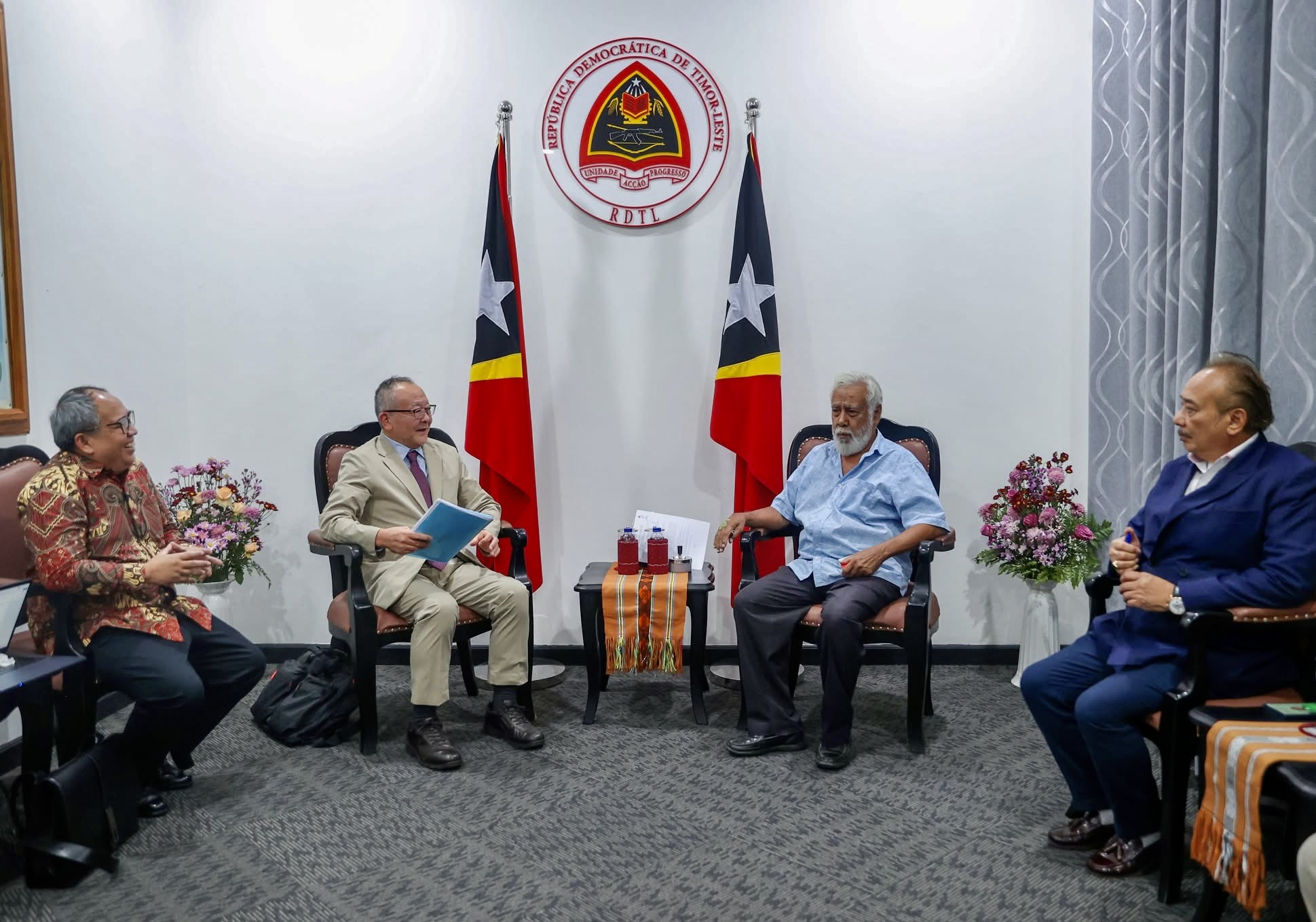





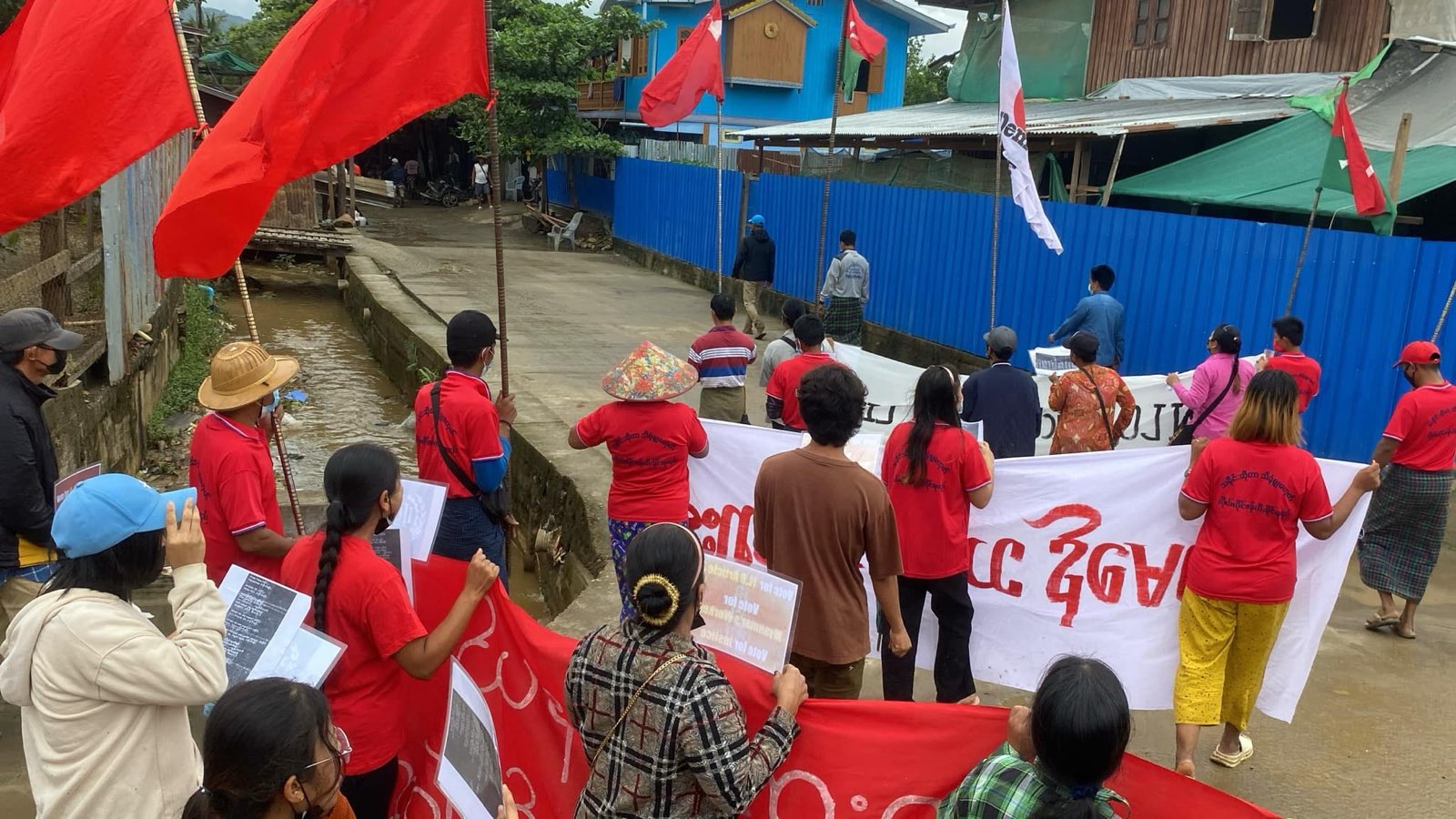

















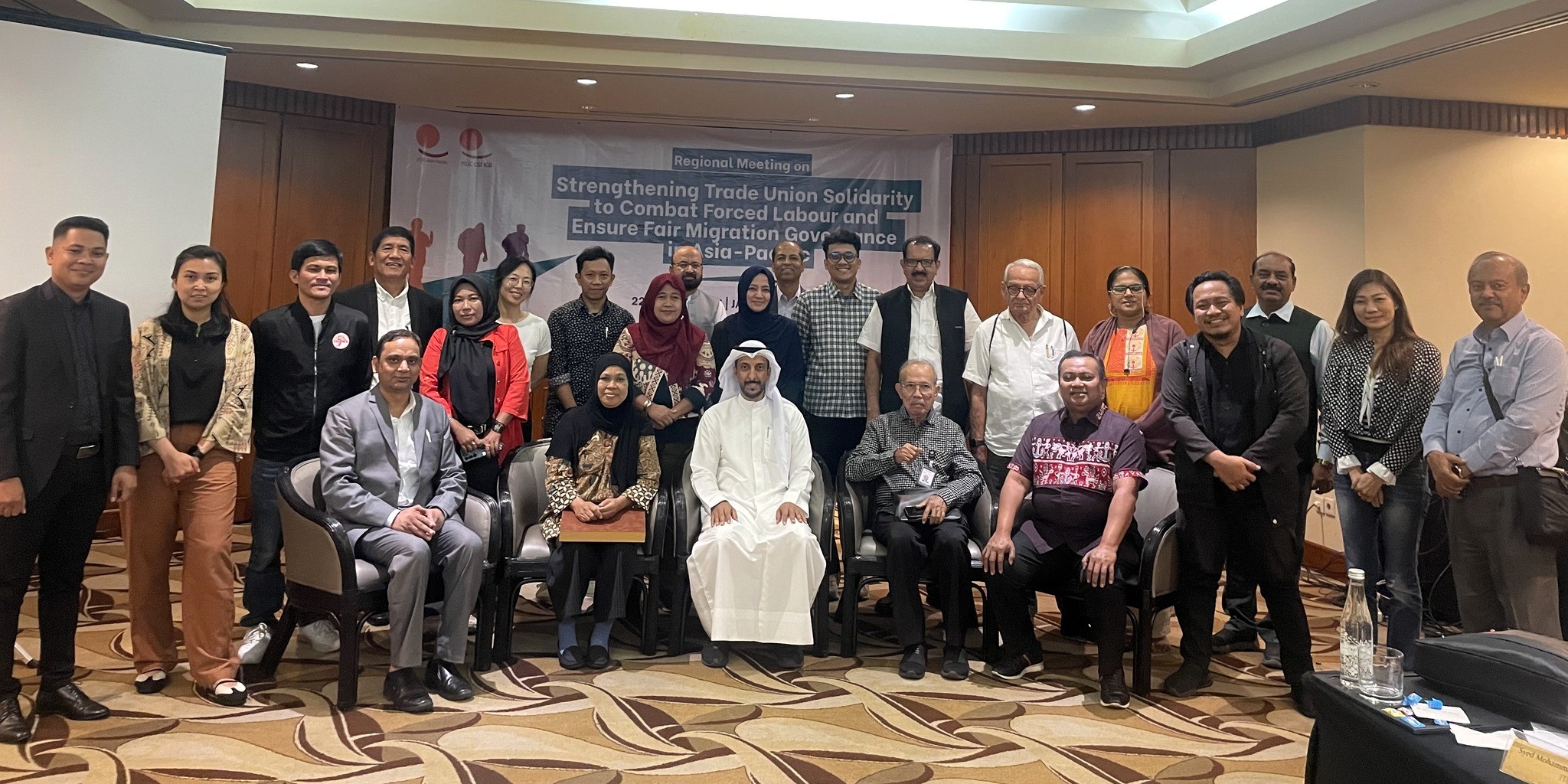























.png)


.png)














.png)


.png)
















































































































%20(1).png)


%20(1).png)
























.jpg)


.jpg)














































































.png)


.png)
























.png)


.png)










































































































.jpg)


.jpg)


























.png)


.png)


.png)


.png)

